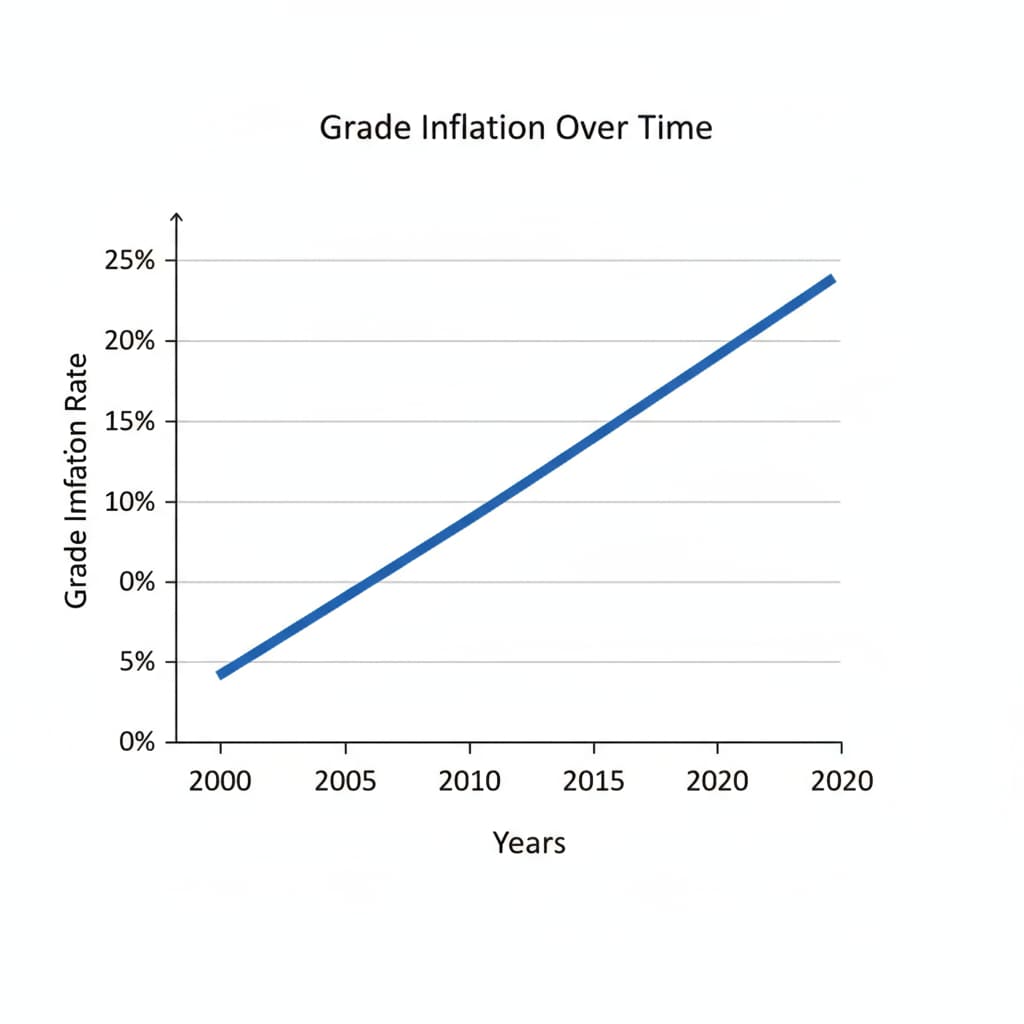AI-assisted teaching, grade inflation, and educational assessment are hot topics in the current educational landscape. As AI technology seeps into K12 education, both students and teachers are increasingly relying on AI tools for assignments and teaching tasks. This trend has sparked a profound debate about the authenticity of grades and the effectiveness of educational evaluation.

The Rise of AI in Education
AI has made significant inroads in education. For example, there are AI-powered tutoring platforms that can provide instant answers and explanations to students’ questions. These tools are convenient, allowing students to get help at any time. Additionally, AI can analyze students’ learning patterns and offer personalized learning plans. According to Educause, the use of AI in education is expected to grow exponentially in the coming years.
The Threat of Grade Inflation
However, the widespread use of AI in education also brings the problem of grade inflation. When students use AI to complete assignments or exams, it becomes difficult to accurately measure their knowledge and skills. Teachers may unknowingly assign higher grades to students who have used AI assistance, leading to an artificial inflation of grades.

This not only undermines the fairness of the educational system but also devalues the meaning of academic achievements.
To address this issue, educators need to be vigilant. They should design assessment methods that can detect the use of AI. For instance, open-ended questions that require in-depth analysis and critical thinking can be more effective in evaluating students’ true abilities. In addition, educators can use AI detection tools to identify if students have used AI in their work.
Readability guidance: Keep paragraphs short and use lists to summarize key points. For example, in this section, we list the problems and solutions related to grade inflation. Use transition words like ‘however’ and ‘in addition’ to make the text flow smoothly.


